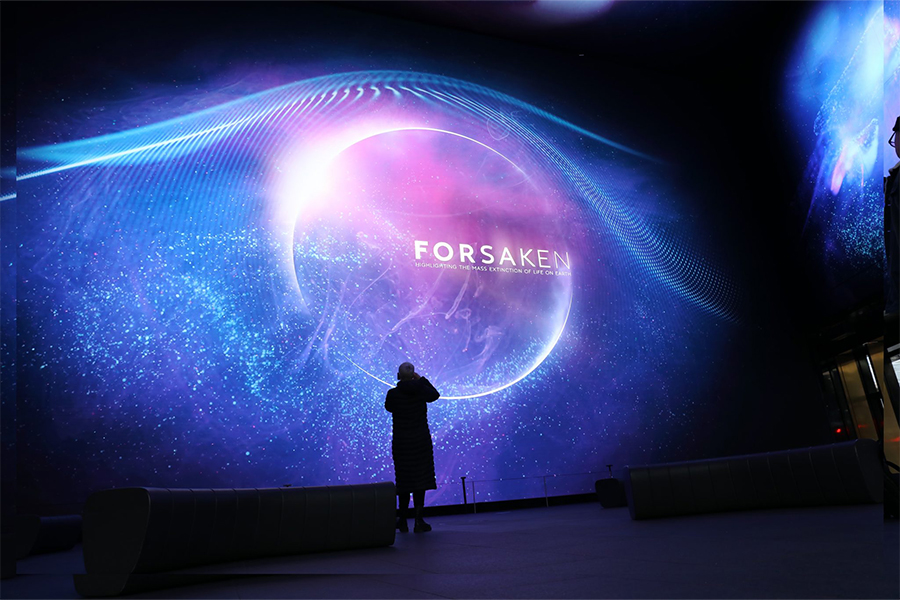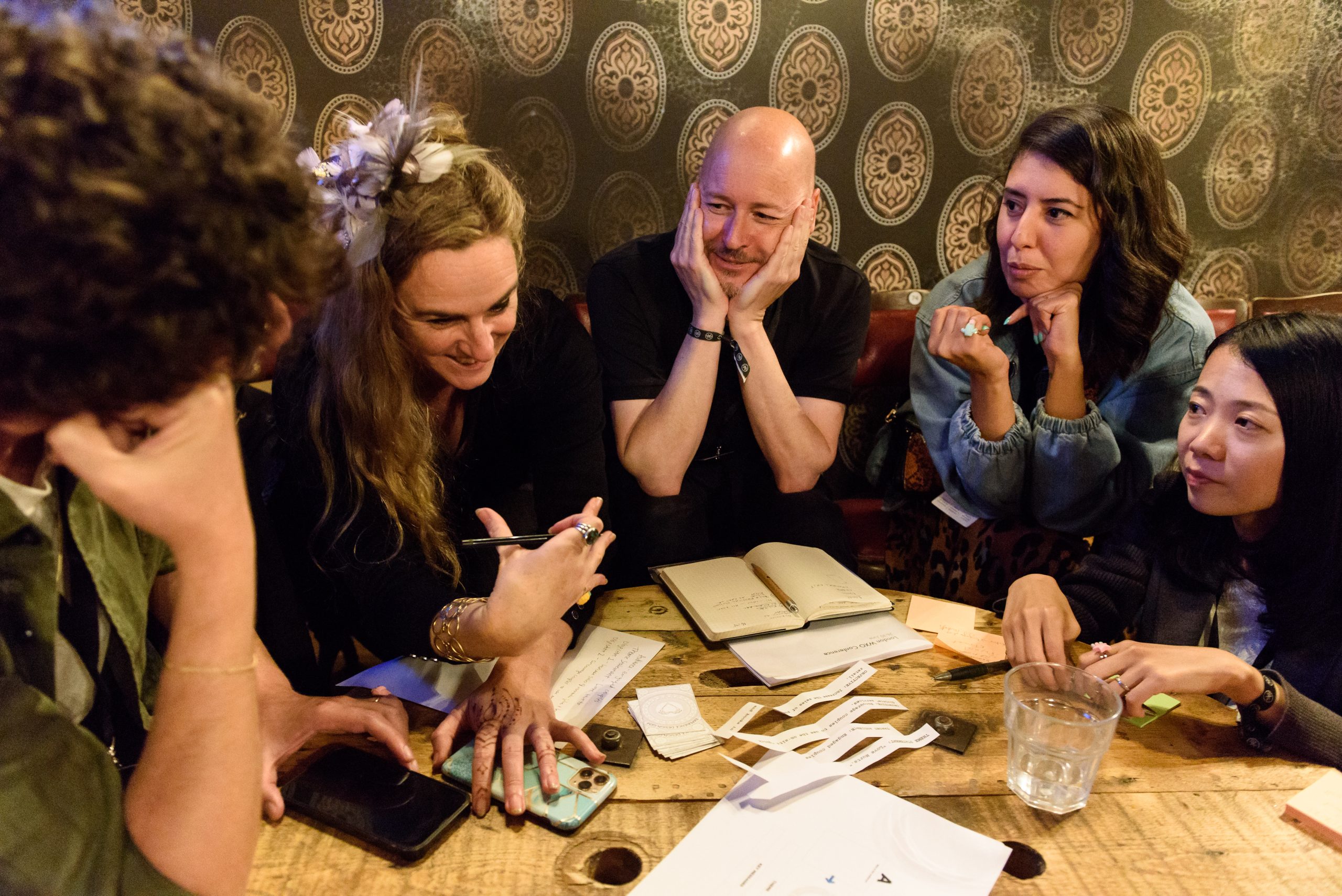Max Lenderman is CEO of consultancy Mudfarm Ventures and a WXO Founding Member who teaches at Denver Ad School and University of Colorado, Boulder. He explains how brands can leverage the opportunities presented by web3 communities – demystifying NFTs and DAOs along the way.
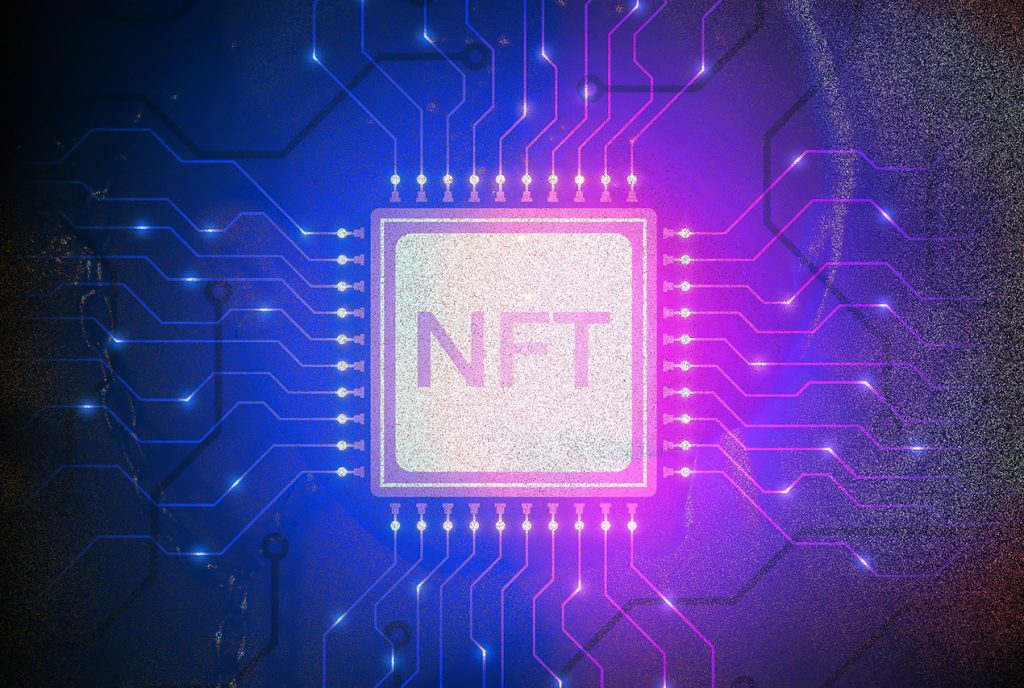
For close to two decades, the experiential marketing industry has held firm on an axiom that helped create its raison d’etre: “the more digital, the more physical.” In other words, as the marketing ecosystem becomes increasingly digital-centric, brands and businesses need to create physical interactions like conferences, event sponsorships, in-store activations, street stunts and the like. A more modern and apt take of this axiom is “the more URL, the more IRL.”
Much attention in the experiential marketing world is (rightly) being given to AR, VR, XR and other hyper-reality tools in the metaverse. But equal weight should be given to web3 communities centered on DAOs (decentralized autonomous organizations), NFTs, digital currencies, index funds and tokenized communities. It is here that the aforementioned axiom becomes truly relevant and lucrative.
For instance, an NFT community called Board Ape Yacht Club (BAYC) released 10,000 NFTs at the end of April this month. Recently, just one Bored Ape (#7090) sold at Sotheby’s for $2.9 million. Another NFT series called CryptoPunks is worth even more; in June, one single CryptoPunk sold for $11.7 million at Sotheby’s. The combined market cap of 10,000 CryptoPunks is now estimated at close to $2 billion.
Bored Ape owners (individuals or fractional owners) have voting rights to determine what to do with the community in general, including how to spend its treasury money. A lot of that spending will be done in the real world. Why else would CryptoPunks creators Larva Labs sign a deal with the major talent representative United Talent Agency in late August of 2021? Or why Yuga Labs, the creator of BAYC, would partner with high-profile manager Gary Oseary, who represents popular artists such as Britney Spears, Doja Cat, Kim Petras, The Weeknd and Madonna? Recent rumors suggest that BAYC – a URL community – will open an IRL club in Miami only for its members — and if the recent Ape Fest yacht party or concert for week-long NFT.NYC event is any indication, it will be a scene. Spoiler alert: Beck, Foo Fighters, Questlove, The Strokes, Lil baby, Chris Rock and Aziz Ansari all played. Yes, that’s the spending power of a DAOcommunity treasury!
As DAO/Discord/Telegram communities continue to be launched in the URL, they will need to have opportunities to meet IRL. The more people get into fractional ownership of NFTs, there will be a need for conferences and meet-ups to connect – think BravoCon or ComicCon for characters and content developed in the metaverse.
Friends With Benefits, a DAO tokenized community for crypto enthusiasts and content creators, recently received $10 million in VC funding that currently values the community at over $100 million. What once was a $75 membership buy-in now costs close to $8,000. There are currently 1,235 members with 200 new members buying in (at a 40% acceptance rate) every week. FWB is now working on its own conference and series of local meet-ups for its members that congregate on Discord but want to meet IRL throughout the world.
Currently, the chatter for these communities occurs primarily on Discord and on “CryptoTwitter” – a niche community who follow each other on Twitter consisting of developers, investors, companies and influencers who enjoy discussing cryptocurrencies. These two dominant URL platforms will inevitably need IRL components for the communities on them.
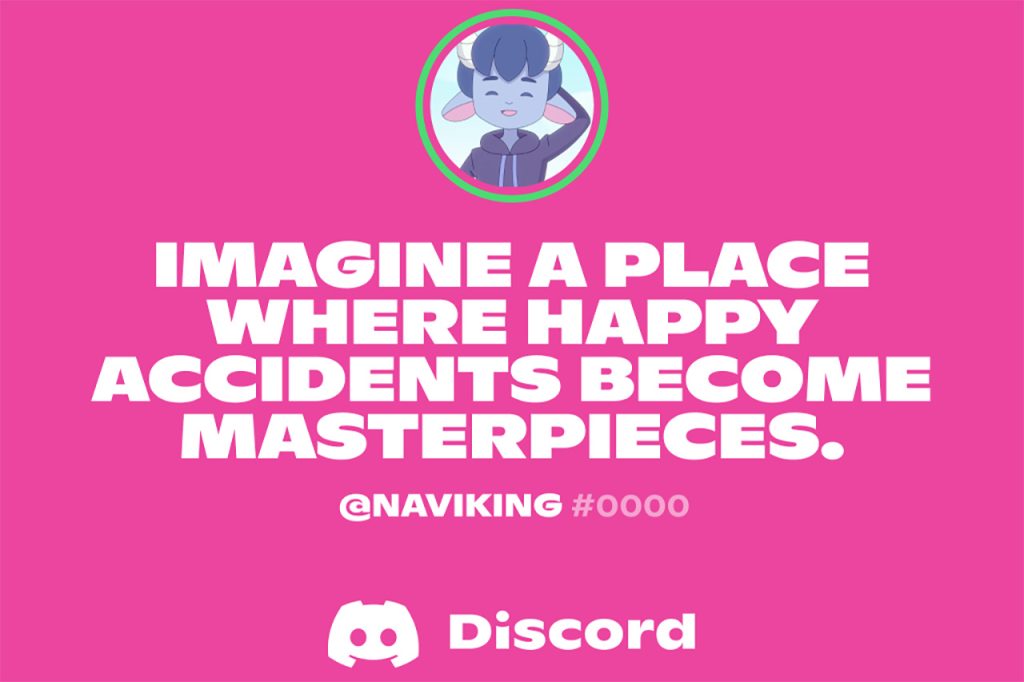
Artists – particularly visual and music – are using NFTs to activate, energize and reward their communities of fans while cutting out the labels and agents in doing so. Selling songs or digital art as NFTs gives artists direct access to their audiences and let’s fans unprecedented participatory power to become more involved, supportive and collaborative with the artist. Owning an NFT may allow for meet-n-greets, entry into secret shows and chats, merchandise drops and other perks normally dictated by agents, labels, promoters and sponsors. By creating a DAO for their fans, artists eschew the middlemen. Yet they will still need to create IRL events, concerts and gallery showings. Except this time, they will not be dependent on label backing or sponsorship money.
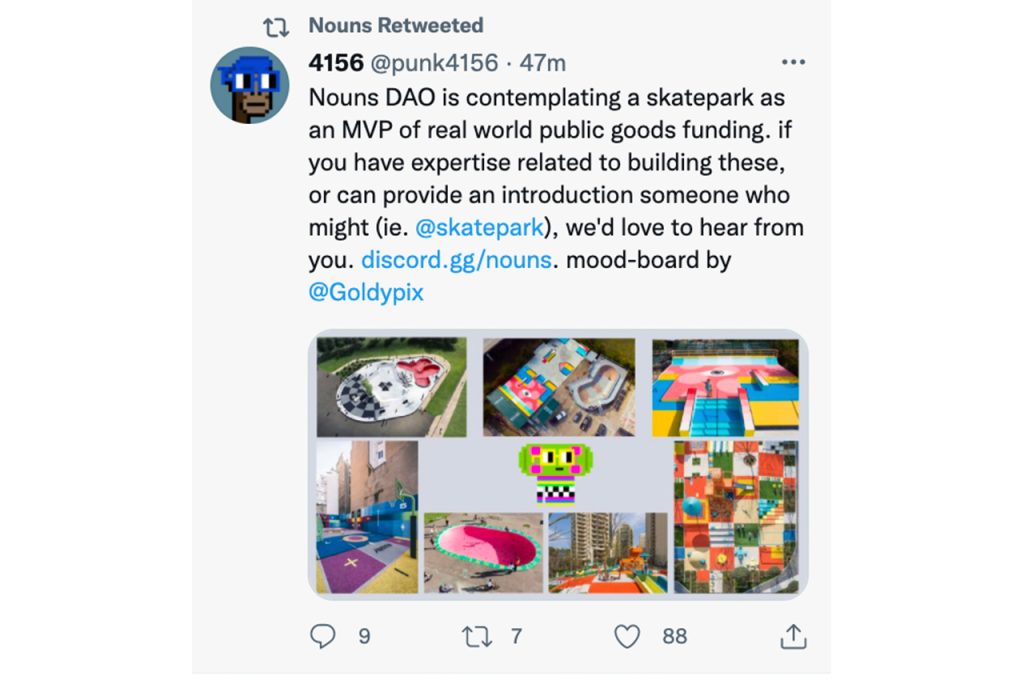
Retailers will soon use NFTs to incentivize IRL transactions, leveraging creators to drive traffic to storefronts. For example, Yeezy NFTs that only unlock with purchases from Gap stores, or NFTs that unlock exclusive features for Tesla vehicles. NFTs will also be used to unlock access to services and hobbyist communities, like Q&As and tutorials with influencer chefs, photographers, doctors, etc. Niche enthusiastic communities will boom on URL and will inevitably want to create experiences in IRL for themselves.
Experiential agencies should therefore be excited… and worried. They now have an opportunity to create IRL events for web3 communities and artists, not just brands. But they need to understand an entirely new ecosystem as well – a web3 world that has its own rules, “vibes” and motivations. If traditionally web2-minded agencies can’t find their own way in navigating these burgeoning communities, the communities themselves will find ways to activate IRL.
For instance, why would they hire an agency for brand ambassadors if they have a die-hard community of evangelists who are incentivized with their own community’s tokens or NFTs? Why would a community like Friends With Benefits need to find strategic, creative or production talent when it can create sub-groups of experts within its own membership base? These communities have local expertise spread across the world and they can frictionlessly incentivize freelancers and local vendors to activate their IRL ideas.
Thankfully, there are web3 communities that can help sherpa agencies and marketers through this new landscape. Experiential agencies need to keep up as well. After all, with the uncertainty of shutdowns ever-looming and a crunch for new talent, web3 may be its saviour for years to come.
To get more insights from experts in the Experience Economy like Lenderman – and to be the first to know about our membership programme, events and more – apply to join The WXO here.



